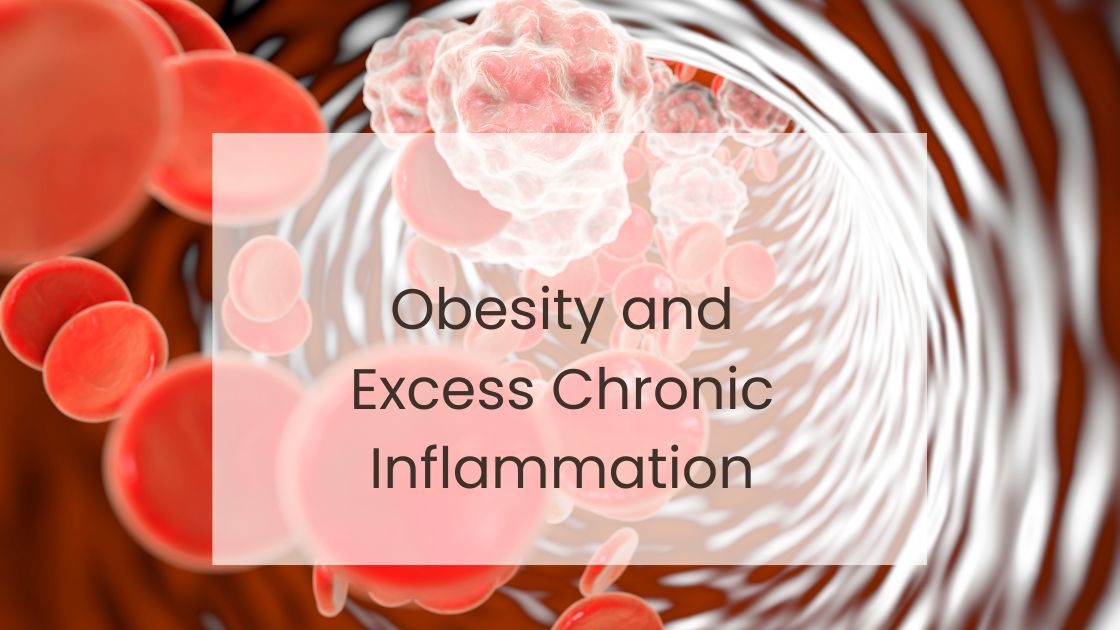Read Part IV here
Inflammation is a process by which your body’s white blood cells and the substances these White blood cells make, protect you from infection with foreign organisms, such as bacteria and viruses. Inflammation is vital in the healing process of our body
Is inflammation your friend or foe?
Inflammation is our friend so long as it is not a chronic one. But even then it’s one of the important indicators of “something wrong” going on inside our body.
There are 5 signs of inflammation.

Let’s take an example of a sprained ankle. The ankle area gets hot, red, and swells up, with pain and loss of function (you cannot put weight on that foot). This is because your ankle has become inflamed, which is a crucial step toward healing your ankle.
There are several reasons our body gets inflammation. It’s not always evident like in the case of a sprained ankle. Sometimes inflammation does not subside. It becomes chronic (that is long-term), and this chronic inflammation is bad for us.
Chronic inflammation is the root cause of most diseases associated with aging. Left untreated, takes a heavy toll on your body. It can cause tissue damage and disease. Take a look at a list of conditions spurred by inflammation:
I will not blame you If you find the list above scary. If you want to become healthier and lose excess fat, reducing inflammation is vital for you. What causes chronic inflammation?
Reasons for chronic inflammation
The following are the main reasons for chronic excess chronic inflammation:
- Poor Digestive Health
- Lack of exercise
- Obesity and insulin resistance
- Poor nutritional habits
- Menopause
- Depression and Stress
- Environmental toxicity, liver toxicity, and fatty liver.
- Overactive immune system
Poor digestive health
60 percent of our immune system is clustered around the digestive tract. So if you have poor immunity and fall sick regularly, there is a high chance that your digestive system is compromised.
Chronic inflammation is thought to exacerbate the effects of COVID-19. People with underlying health conditions such as obesity, diabetes, and heart disease, which are all associated with chronic inflammation, are at a higher risk of severe illness and death from COVID-19. This is because the inflammatory response that occurs in these conditions can damage the body’s organs and make them more vulnerable to the virus. Additionally, chronic inflammation can also weaken the immune system, making it less able to fight off the virus.
It’s not an unknown fact that good health begins with a healthier digestive system. What leads to a poor digestive system?
- Food allergies and food intolerances
- Gut bacteria imbalance
- Deficiency of digestive enzymes or acids
- Overgrowth of yeast
- Parasites
- Stress
Food intolerance
Food intolerance is difficulty digesting certain foods and unpleasant physical symptoms. The connection between the symptom and a specific food may be difficult to pinpoint for a common man. A person with intolerance has no idea that their immune system takes a constant beating.
As a part of my program, when I identify and remove that problematic food from my client’s food habits, the shift they feel is profound. They realize how bad they were feeling before this discovery.
Gut bacteria imbalance
We all have trillions of microorganisms living inside our gut—not just our stomach but our intestines and throat and mouth, and on our skin, in our eyes and nasal passages. Maybe that sounds bad or gross, but… it turns out these microbiota are essential for our immune, brain and hormone health—in part because they make chemicals that immediately impact how the rest of our body functions, including neurotransmitters like serotonin. The bottom line is: we need to nurture these living microbiota cargo to best support our mental and physical health
Andrew D. Huberman American neuroscientist
Maintaining and protecting our gut bacteria through proper nutrition and supplementation (when necessary) is vital for overall health. Poor nutritional habits and medications like birth control pills, antibiotics, and corticosteroids can upset the fine balance of your gut bacteria.
Deficiency of digestive enzymes or acids
The second most common pH imbalance in our body is the low formation of stomach acid, known as hypochlorhydria. Have you ever heard about low stomach acid? It’s the opposite, hyperacidity is well known. What if I tell you that hypochlorhydria is at least as common as hyperacidity, if not more?
Research says that at least 30% of the population under the age of 40 have hypochlorhydria. More than half of all humans above the age of 50 suffer from it. Estimated 75% of those aged over 60 have low stomach acid.
That’s what the research says. As per my experience, there are more people who have hypochlorhydria, than hyperacidity. I would place the numbers at 80%+ for hypochlorhydria and 20% for hyperacidity.
Its funny that, symptoms of hypochlorhydria and hyperacidity are quite similar.
That’s right.
You may have low stomach acid, but as the symptoms are similar to hyperacidity, you might take antacids for relief. These antacids will further neutralize the acid content in your stomach. And, thus making your situation even worse!
However, a few symptoms of hypochlorhydria are specific to it. So if you have the following symptoms along with hyperacidity symptoms, you may have hypochlorhydria. These symptoms are:
- Undigested food particles (like bits of corn, tomato skin, leafy vegetables, etc.) in stools
- Feeling heavy after eating food
- Bloating, especially by the evening. One of the classic signs of hypochlorhydria is that you wake up with a flat stomach. By evening you look like you are a few months pregnant.
Natural aging, stress, poor diet, and chronic use of certain medicines may cause hypochlorhydria. Here are some detailed symptoms of hypochlorhydria:
A few years back I met a woman who used to walk energetically every evening in a bid to lose weight. I use to take my kid to that same play park. She does need to lose a few inches off her abdomen area. The rest of her body, like her arms, face, and legs, was pretty slim. We crossed paths intermittently over a course of a few months. I couldn’t help but notice that her abdomen was not reduced at all.
It was not fat. I saw bloating. And no matter how much she walks, or workout, it won’t do any good to her abdomen.
Sadly she has no idea that she should rather focus on uncovering her food sensitivities. Find out whether she has hypochlorhydria and work on those issues to remove her bloating.
Let’s take a look at another cause of chronic inflammation
Overactive immune system
A depressed immune system may lead to chronic inflammation. Conversely, an overactive immune system may also cause chronic inflammation.
Many experts now view chronic inflammation as a symptom of an immune system in constant over-drive. In this state, even mild stressors such as viral infections, emotional stress, or exposure to household chemicals can cause the immune system to overreact.
Allergies, autoimmune diseases, and tissue destruction can result when our immune system works too hard to protect us.
Autoimmune diseases are characterized by an overactive immune response, where the body’s immune system mistakenly attacks healthy cells and tissues. This overactivity can be caused by chronic inflammation, which can lead to the activation of certain immune cells, such as T-cells and B-cells, and the production of autoantibodies.
In Scleroderma, an autoimmune disorder that leads to hardening and thickening of the skin, chronic inflammation can lead to increased activity of fibroblasts, the cells responsible for producing collagen and other components of the extracellular matrix. This leads to the build-up of collagen in the skin and internal organs, resulting in the characteristic symptoms of the disease.
Additionally, chronic inflammation can also weaken the immune system, making it less able to fight off the virus.
It is important to note that the link between chronic inflammation and autoimmune diseases is complex and not fully understood. More research is needed to fully understand the mechanisms involved in the development of these conditions.
Pheww!! Let me give you some time to absorb this information. See you soon with the second part related to chronic excess inflammation.



